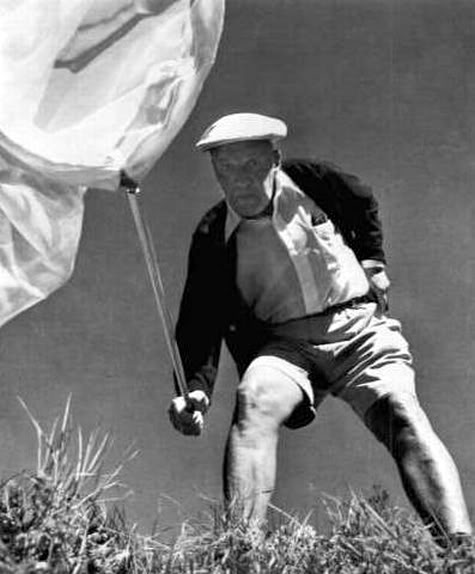For those who read Lolita after the Sexual Revolution of ’60s and ’70s had ended, how can the book appear like anything but an amazing piece of writing about a horrifying “romance”? But I suppose for some of the young who came of age during the carnal tumult of that earlier time, the novel seemed like a different thing–or at least the culture told them it was. In the opening question of an interview conducted by Erik Morse of the Los Angeles Review of Books, Emily Prager, the novelist and journalist who briefly appeared on the original iteration of Saturday Night Live, astutely explains the generational differences in interpretations of the controversial work:
Erik Morse:
Do you remember when you first read Lolita? What were your initial impressions, both of Nabokov’s story and the character of Lo?
Emily Praeger:
I don’t remember when I read Lolita but the idea of Lolita was a large part of the ’60s when I matured. Recently I saw the now 50ish-year-old woman whom Roman Polanski allegedly raped. She kept stammering that it was a different time, that you can’t judge Polanski by today’s standards. That’s because the Lolita idea was everywhere — there was a book with almost softcore photos of baby ballerinas that was on every coffee table, tons of very young women with much older men and it was okay. Men ruled after all. Many took Humbert Humbert as their role model. They liked him best of all. A few years ago, I went to dinner with some women who had grown up in the ’60s. It was when the new attitude toward sexual harassment in the workplace was surfacing. We had a great laugh because every single one of us had been importuned in the workplace constantly. When I was 17 and a prop girl off-Broadway, we had to kiss the house manager when we arrived at work. We rolled our eyes and did it. We thought it was ridiculous and those who asked it of us ludicrous. Lolita, the movie, came out in 1962, and it was with Peter Sellers and Stanley Kubrick directing and it was cool. We all wanted the heart-shaped sunglasses. You know, the myth of the ’60s is that it was all about sex. The truth is we knew nothing about sex except what society told us, which was it was bad. We just didn’t want anyone anymore saying anything to us about how to think about sex. So sexual liberation had to include Lolita. It was every girl for herself. You can’t believe how innocent we were. I doubt most of us registered that she might be being taken advantage of. The other thing was that very young boys were going to fight and die in Vietnam, not 12 but 18, which then was about 13. Young girls having sex didn’t seem that wrong. Of course you read Lolita now — I teach it in my fiction-writing course and modern girls are disgusted by it, horrified.•

